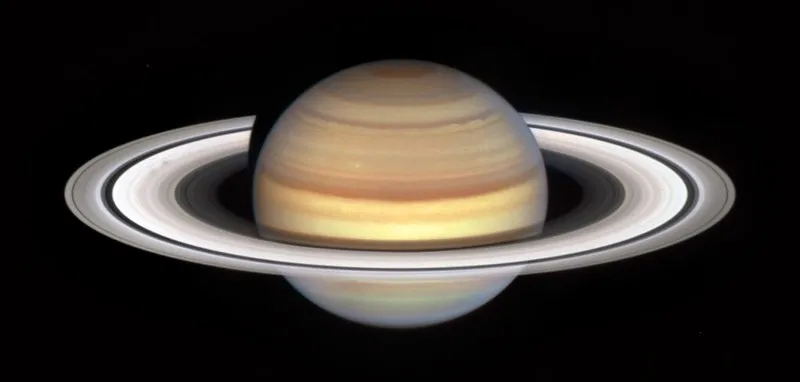Many scientists were shocked by the results of a ten-year study from the NASA Hubble Space Telescope presented at the Dec. 9-13 meeting of the American Geophysical Union.
The study clearly showed that the Sun controls the weather, the climate, and other atmospheric conditions in even the most distant planets. For example, due to its distance from the Sun, Neptune only receives 1/1000th the intensity of the energy from the Sun as compared to Earth, yet Neptune’s climate is not determined by its 40-year-long seasons, but rather the eleven-year solar cycle when the Sun’s magnetic field flips. According to the Hubble findings, “Neptune’s global cloudy weather seems to be driven by solar activity, and not the planet’s four seasons, which each last approximately 40 years.” With increased solar activity on the Sun, more intense ultraviolet radiation floods the Solar System. Scientists found that two years after the solar cycle’s peak, an increasing number of clouds appear on Neptune. One has to ask: If the Sun can dominate the outer planets, would it not have even greater control over the inner planets?





